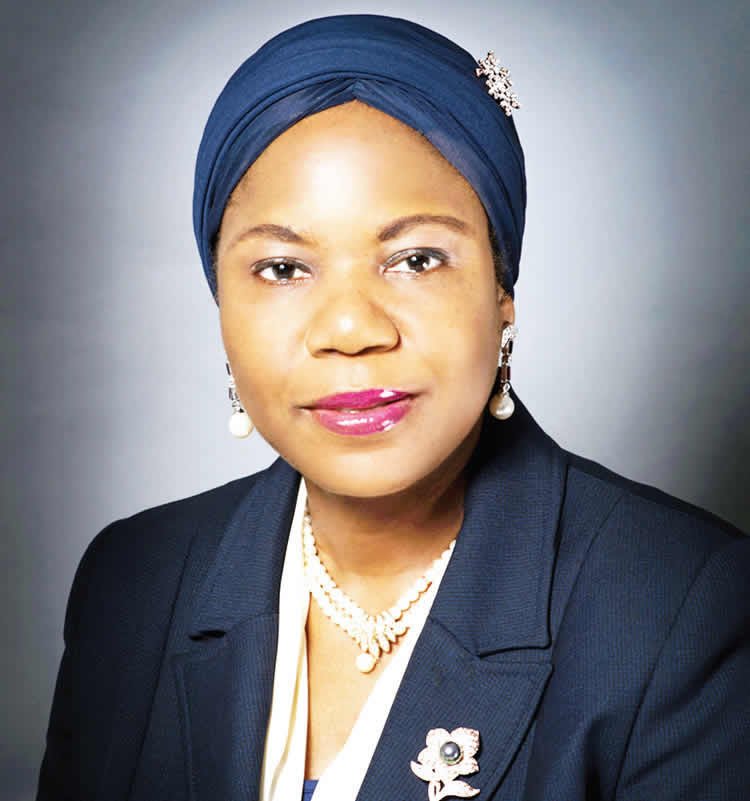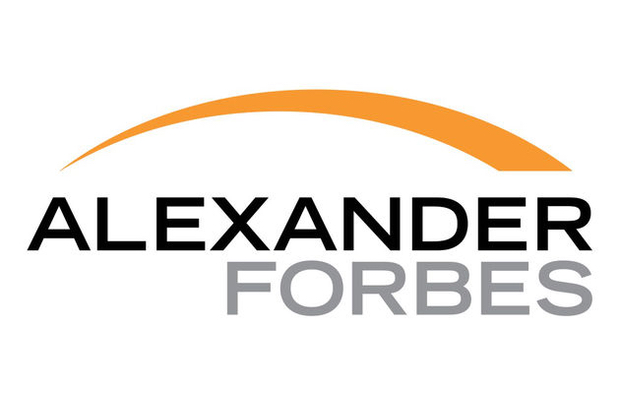By Favour Nnabugwu
The total cost faced by the global insurance industry to implement IFRS 17 is estimated to be US$15-20bn, according to Willis Towers Watson.
Kamran Foroughi, Global IFRS 17 Advisory Leader at Willis Towers Watson, said: “This is an extraordinary figure that will naturally lead to many questions from boards and investors.
“For many, significant improvements will also be required in business processes and finance operations to deliver IFRS 17 efficiently and link with other metrics. With smart investment and the right people, an insurer’s IFRS 17 programme has the potential to help deliver long-term annual savings to show against the daunting up-front costs.”
The Willis Towers Watson study polled 312 insurers from 50 countries and is believed to be the most comprehensive IFRS 17 survey to date. Estimated costs vary significantly by insurer size. The overall global industry estimate of the cumulative cost of delivering IFRS 17 is US$15-20bn, with the average programme cost for the 24 largest multinationals being US$175-200m each, and US$20m each for the remaining 288 insurers.
In addition to providing insurers with the opportunity to benchmark their programmes against the efforts of industry peers and insurance companies around the world, the survey also revealed the top challenges insurers expect to face in order to successfully implement IFRS 17, principally relating to people, data, systems and processes.
Other key findings include:
- Over 10,000 Full Time Equivalent employees will be required to deliver IFRS 17. This presents major challenges for insurers’ recruitment and retention strategies, both within and beyond their IFRS 17 programmes.
- Only 52% of survey respondents believe that IFRS 17 earnings / equity will be slightly or much more helpful than current GAAP earnings / equity, and 54% believe that the need for non-GAAP reporting will either slightly or significantly increase.
- Only 6% of companies in 2020 had a good understanding of the business implications of IFRS 17 – this has now improved to 17%. Insurers believe that the impact on a majority of KPIs is likely to be small. KPIs which are believed to be affected are related to measuring profit, new business and return on capital/equity.
- Large multinationals have made more progress on a scale from 0 to 5 (average: 3.5) than the remaining insurers (average: 2.6), with progress highest in EMEA (average: 2.9) and lowest in APAC (average: 2.4). Nevertheless, much work remains and companies need to consider how best to ensure benefits of the IFRS 17 programme.
Since Willis Towers Watson’s last survey in June 2020, clear progress has been made in areas such as data and IT workstreams, although setting up a robust process designed to comply with tight reporting schedules remains a challenge. The survey also reveals little progress made in dry runs, disclosures and automation. Yet, given the lack of qualified resources, Willis Towers Watson predicts process automation will be critical to the successful implementation of IFRS 17.
Kamran Foroughi said: “Strong doubts evidently remain about whether IFRS 17 will lead to a more useful metric than current GAAP/IFRS standards. This is particularly true in more mature markets, where we do not see an improved KPI benefit commensurate with the costs, and insurers are actively planning new supplementary reporting to help explain business performance.
“If insurers are to unlock value from IFRS 17 they should be aiming for significant business process improvements including automation, efficiency and auditability ‘out of the box’. This will save time and money, allowing experts to be deployed on higher value tasks and enabling insurers’ reporting functions to do more, faster and with less. Regulation can be a spur to drive performance, if the conditions are right.”




